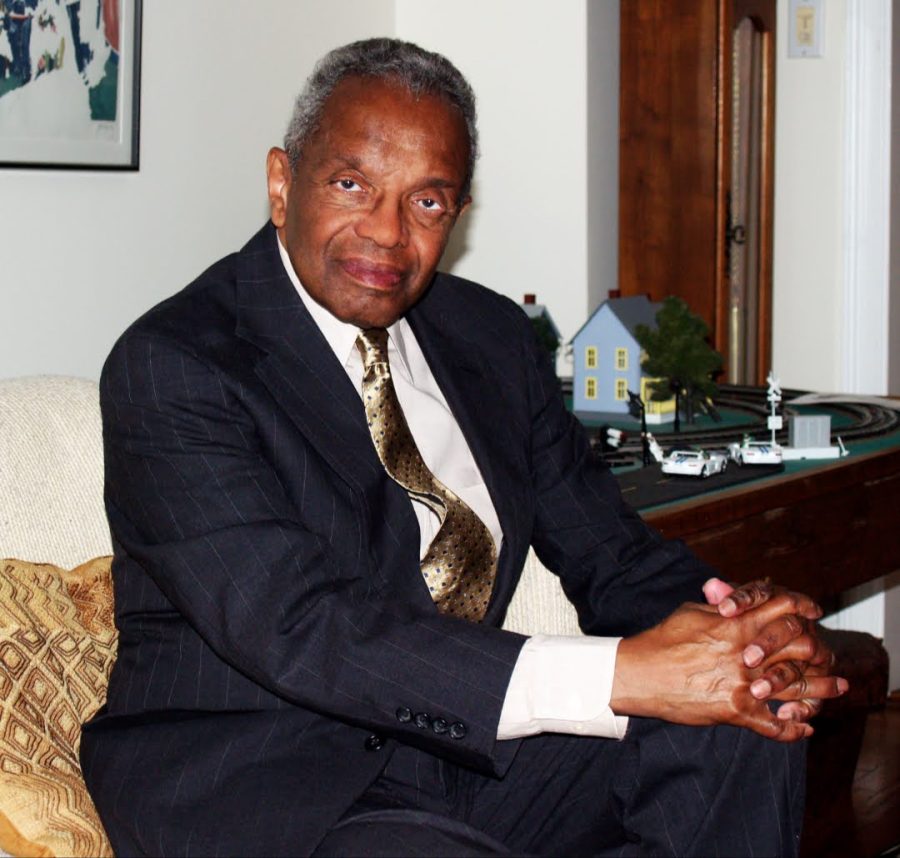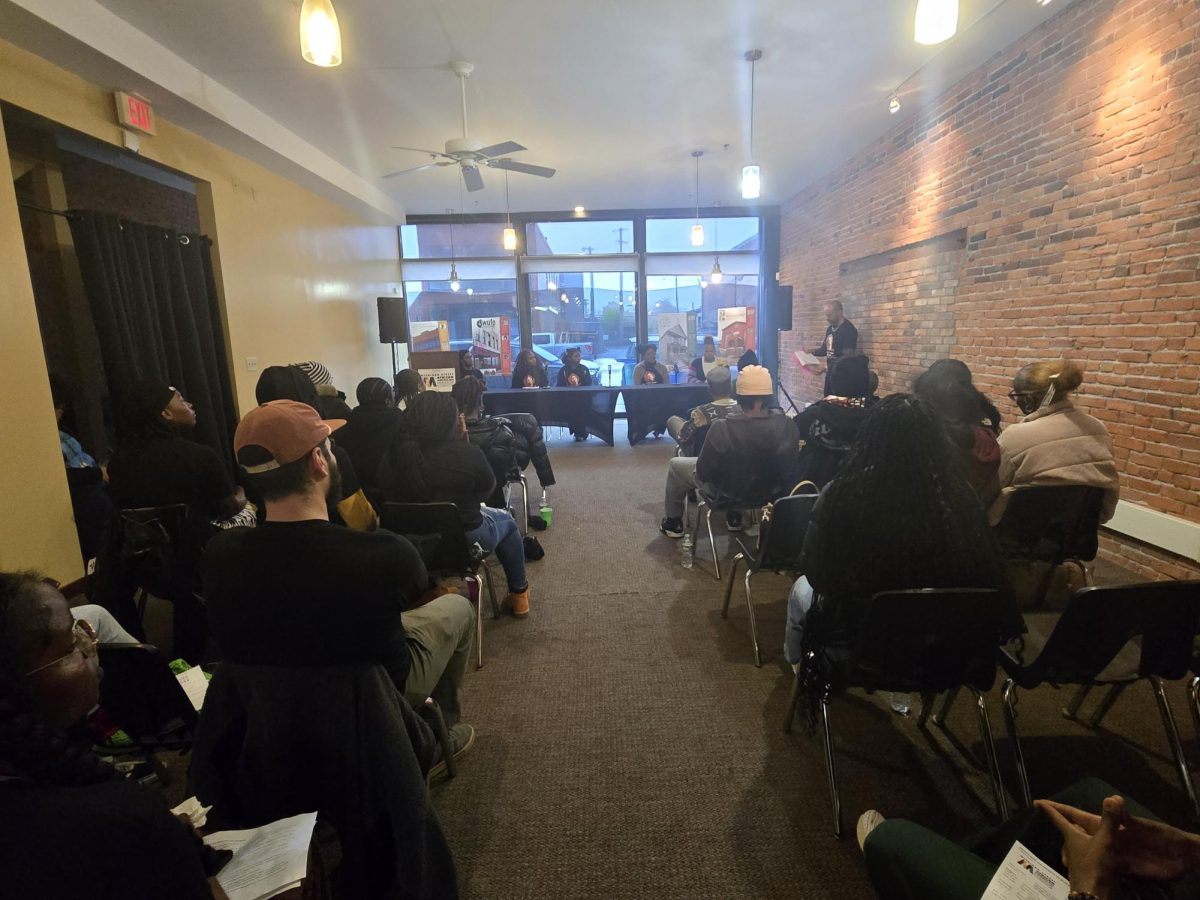The Truth About Critical Race Theory: An Interview with Dr. Douglas Hoston
April 10, 2023
HB 999 is a bill, introduced in early March 2023 in Florida. This bill would result in substantial implications in higher education within the state of Florida, including the ability for Governor Ron DeSantis to embolden University Boards to remove programs such as Minority studies and Women & Gender studies, and to severely limit the humanities, social sciences, and arts, in terms of content related to intersectionality, issues of diversity, and social justice issues.
Regardless of where one stands politically, this level of censorship, if the Bill becomes a law, is disturbing.
I recently interviewed Dr. Douglas Hoston, a Buffalo State University professor who teaches courses in the Social and Psychological Foundations of Education & Adult Education department, to gain insight on Critical Race Theory and the necessity of programs focused on minority communities.
1) As you likely know, HB 999 is a bill, introduced in Florida, to allow Governor Ron DeSantis to regulate programs focusing on minority and women & gender studies programs. The bill would work to remove programs such as Women & Gender studies and other minority studies programs. What are your thoughts on such a piece of legislation?
I think it’s unfortunate to be so restrictive. When we negate our humanity, we rob ourselves of the ability to learn from cultural differences and sources of knowledge that make this country great, and that’s our diversity, our melting pot attitude.
2) Why do you think programs that focus on intersectionality and issues of diversity are scrutinized in states like Florida?
I think it’s more of a political agenda; I think it has more to do with what some folks believe about their constituents, and what they [their constituents] want to hear, what they may be fearful of. In other words, it may be a fear tactic. I think the lack of exposure to the beauty of difference is the primary catalyst for the movements that try to seek to restrict what we’re able to experience in our schools.
3) One particular concept that is often viewed as a “political boogeyman” in right-wing politics, in this case, is critical race theory. What is critical race theory? Why do you think it is perceived as such an “evil” concept?
This theory evolved from critical legal theory with the likes of Derrick Bell. Then, it was adopted for use in education by William Tate and Gloria Ladson-Billings in a great article, Towards Critical Race Theory in education. Critical Race Theory is used to examine how power dynamics have influenced Black people in this country, and how that plays out within the education system. Most notably, the understanding that something is critical means you have to look at the power dynamics that are informed, that impact people, and it’s undeniable that Black people have been impacted by power dynamics and racism, quite frankly, within this country and that plays out in education. I think why people rail against it is because they don’t really realize that it’s nothing more than an examination of the truth. Sometimes, the truth can be challenging to accept if you’re fearful of being judged by history or if you’re ignorant of what it is: some may think that it’s designed to harm them, and it’s not; it’s [Critical Race Theory] decided to help certain groups of people who have not had a fair shake.
4) How can understanding concepts such as intersectionality and recognizing societal inequities support a college student in their future career? What skills could be developed from exploring minority cultures and discussing the issues that face diverse populations?
When you embrace differences, one learns different ways of knowing, ones learn different perspectives on the same material, and I think it broadens your depth broadens, your understanding of any type of topic with regard to the cultural lens that you use. I think it improves critical thinkers and makes you able to interact with different groups of people with more tolerance and a sense of understanding that difference is nuanced and should be appreciated in order to better interact and smoothly flow within society.
5) What courses are offered at Buffalo State University that students could take to learn about concepts and issues of diversity, and the interconnection between societal facets, including race, and everyday interactions?
There is a program called: Africana Studies. Dr. Marcus Watson, the champion of Africana studies, and a few other brilliant scholars Naila Ansari, John Torrey, and Cameron Herman are working to ensure that there’s an eye towards the importance of diversity, the importance of understanding Black Culture across disciplines such as Dance. Philosophy, Anthropology, and Sociology.
For more information on Derrick Bell: https://hls.harvard.edu/today/derrick-bell- 1930-2011/
To read Toward a Critical Race Theory in Education (Gloria Ladson-Billings and William F. Tate IV): https://www.unco.edu/education-behavioral- sciences/pdf/TowardaCRTEduca.pdf
For more information on Buffalo State University’s Africana Studies Program: https://africana.buffalostate.edu/




